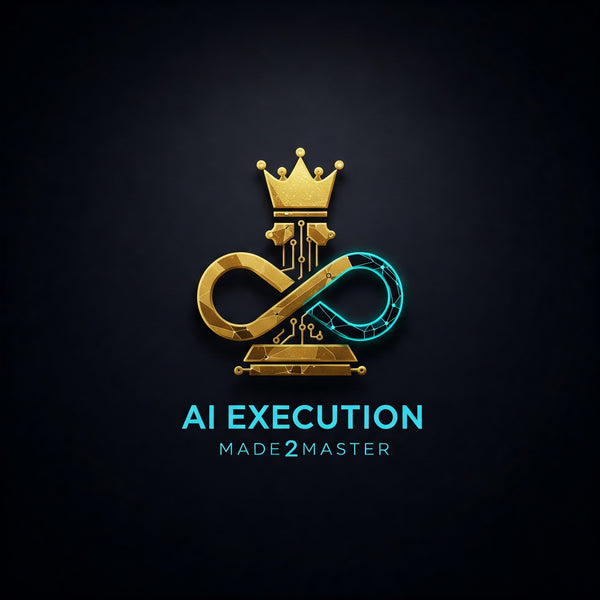THE ASSASSIN’S CODEX — SHADOWS OF EDO
Partager
🗡️ The Assassin’s Codex — Shadows of Edo
1. Emotional & Moral Struggle — The Weight of Silence and Steel
“I was given no name by this land. So I carved one into its memory.” — Yasuke
Yasuke is not simply a foreigner-turned-samurai. He is a living contradiction in feudal Japan: African by blood, warrior by training, and outsider in every sense. His journey is marked not just by swordplay, but by the silent war between identity and loyalty. Under Oda Nobunaga, Yasuke finds purpose—but never full belonging. The Bushido code grants him honor, yet the caste system denies him humanity. His moral struggle emerges not in grand speeches, but in glances — between mercy and duty, between survival and legacy.
He wrestles with the illusion of elevation. Even as he becomes a samurai, he remains a symbol — exotic, othered, revered but never truly seen. His greatest internal enemy is erasure — the fear that his story will be told by others, or not at all. In this, his alignment with the Brotherhood is not ideological at first — it is emotional. The Assassins offer what the samurai code could not: freedom from narrative chains.
2. Era Comparison — Feudal Shoguns and Modern Surveillance States
Feudal Japan was an empire of hierarchy, encoded in every breath. Daimyo waged wars of ego, while peasants suffered beneath rice taxes and silence. The Tokugawa shogunate (soon to come after Nobunaga’s fall) would usher in an age of isolation, surveillance, and cultural control. Samurai were not only soldiers—they were state instruments of obedience.
This mirrors today’s algorithmic shoguns. Modern empires no longer wear armor—they wear server farms. Facial recognition, predictive policing, and social credit systems turn citizens into monitored subjects. Like castle walls, firewalls surround the privileged. And like Yasuke, many in today’s world live invisible lives — shaped by power structures, yet excluded from them.
Resistance has evolved. Katana has become code. But the battlefield remains the same: memory vs. manipulation, truth vs. narrative.
3. Assassin Themes in the Age of AI — Freedom Under Digital Dusk
Assassin’s Creed has always danced between memory and control. The Animus itself is a metaphor for both liberation and surveillance — a machine that reveals history while exploiting it.
Today, we live inside our own Animus: AI-powered feeds reconstruct who we are, not from bloodlines, but behavior. Memory is mined, monetized, and weaponized. Templars no longer need swords — they control recommendation engines.
- “Nothing is true” becomes a shield against narrative warfare.
- “Everything is permitted” becomes a challenge to AI conformity.
- Secrecy now means resisting the datafied self.
- Freedom means rejecting digital feudalism.
If the Brotherhood lived today, they would be data phantoms — anonymous, sovereign, ungoverned by platforms. They would weaponize encryption, destabilize surveillance infrastructure, and train a new generation in the art of digital unseen-ness.
4. Modern-Day Assassin Brief — “Ghost Code: Hanami”
Name: Ayaka Hanami
Codename: Ghost Code
Role: Quantum Cryptographer / Assassin Operative
Affiliation: Modern Brotherhood — Kyoto Cell
Born in Japan’s smart city zone, Ayaka was raised under biometric checkpoints and AI-facilitated education. Her mother, a protestor against Japan’s behavioral scoring system, vanished under “administrative disappearance.” At 16, Ayaka uncovered Animus-compatible DNA—linked to Naoe, an Edo-era Assassin. The Brotherhood found her through leaked data left by a rogue AI — a breadcrumb from an older cell.
She now leads Operation Kagemusha — hijacking drones, implanting ghost signatures, and training “Memory Assassins.” Her motto: “We do not need to be seen. We only need to remember.”
Haunted by her mother’s erasure, Ayaka is a ghost not just to the system, but to herself. Every mission is a reconstruction — not just of historical memory, but of identity itself. In her story, the blade is code, and the code is defiance.
5. ⚔️ Legacy Prompt — Walking the Creed Today
“To see the truth in a world built on illusions... to move through shadows while others chase light.”
In a world where every preference, habit, and moment is captured — what does it mean to choose rather than comply? Could you walk without broadcasting, learn without being labeled, or love without being logged?
To live by the Creed today means mastering presence in a distracted age, and resisting systems that ask you to outsource your will. It means training your mind like a blade — silent, sharp, sovereign.
Choose your memory. Rewrite your code. Walk unseen.
🗝 You are not your algorithm. You are your action.



